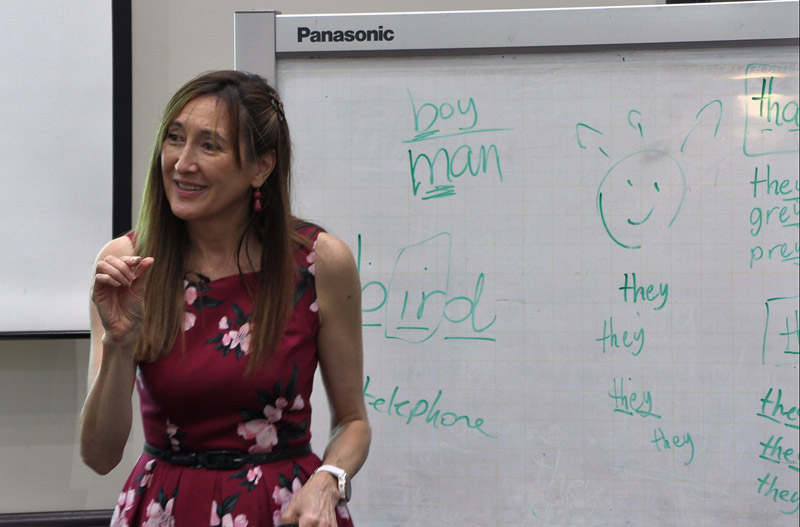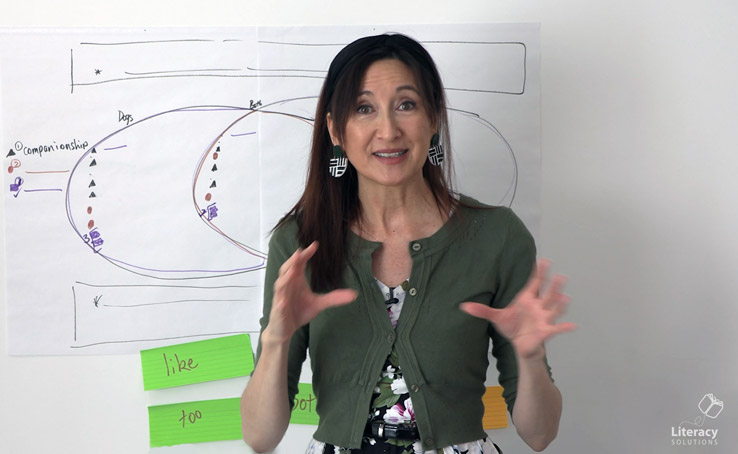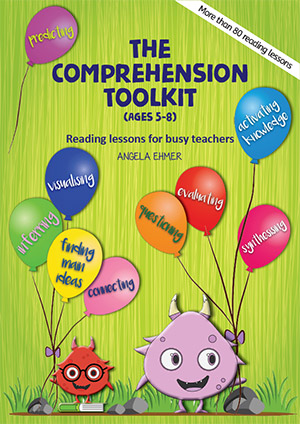Reciprocal Teaching & Comprehension Strategies - Years 3-6
Overview
This full-day workshop for Teachers and Teachers' Aides of middle years' students focuses on approaches and strategies for developing independence whilst continuing rigorous, focused instruction to extend and deepen student knowledge. Attendees will explore teaching approaches and ways to apply these across a range of classroom settings.
As students begin to explore increasingly more complex ideas across more difficult texts, teachers and teachers' aides endeavour to provide supports and scaffolds to build and enhance the readers' understanding. This workshop will explore approaches which develop student independence, examine classroom management options to support the successful implementation of literacy blocks and address a range of success driven strategies for comprehension.
Rigorous reading instruction continues across all year levels. As the gradients of difficulty of texts continues to rise each year, it is critical that students’ reading skills and knowledge rise proportionately to match them.
Teaching at all year levels should incorporate:
- Modelled Reading
- Reading Aloud
- Shared Reading
- Guided Reading
- Guided Reading/Reciprocal Teaching
- Cooperative and Collaborative Reading
Participants at this workshop will examine each approach as it relates to middle years’ students. The instructional purposes will be discussed, as will the important roles of both teacher and student. The use of some of these approaches across other Key Learning Areas assists teachers to provide additional opportunities for reading instruction, using a wider variety of texts and contexts.
The instructional approaches Shared Reading, Guided Reading and Guided Reading / Reciprocal Teaching will be outlined. Grouping students, gathering data, selecting texts and identifying teaching and learning goals will be discussed.
Mastery in applying strategic actions to understand texts read, viewed and heard at a deeper level is critical for students prior to leaving primary school. Students must be well prepared and well equipped to read more difficult, often specialised texts with little adult support as they move into the secondary context.
Comprehension strategies to be examined include: Predicting, Connecting, Visualising, Determining Relevance, Inferring, Questioning, Synthesising, Evaluating and Monitoring.
More focused skills and strategies to be discussed include: Skimming, Scanning, Cause and Effect, Author Purpose, Point of View, Classifying and Categorising, Drawing Conclusions, Comparing and Contrasting, Rereading, Three Level Guide, Question Answer Relationship (QAR), Purpose of Graphic Organisers.
Teachers at this workshop will be encouraged to reflect and evaluate existing practices, literacy tasks, commercially produced materials and classroom trends for teaching and learning to extract meaning from texts.
You will receive:
- a Literacy Solutions' classroom resource
- workshop notes
- tea/coffee on arrival, morning tea and lunch
Cost
$285 + GST (Limited spaces are available so please register early.)
RSVP: Five (5) working days prior to workshop
Should you attend?
This workshop is suitable for Teachers and Teachers' Aides of middle years' students looking to improve the reading comprehension of students.
Where and when?
See our workshop calendar for locations, venues and dates.




